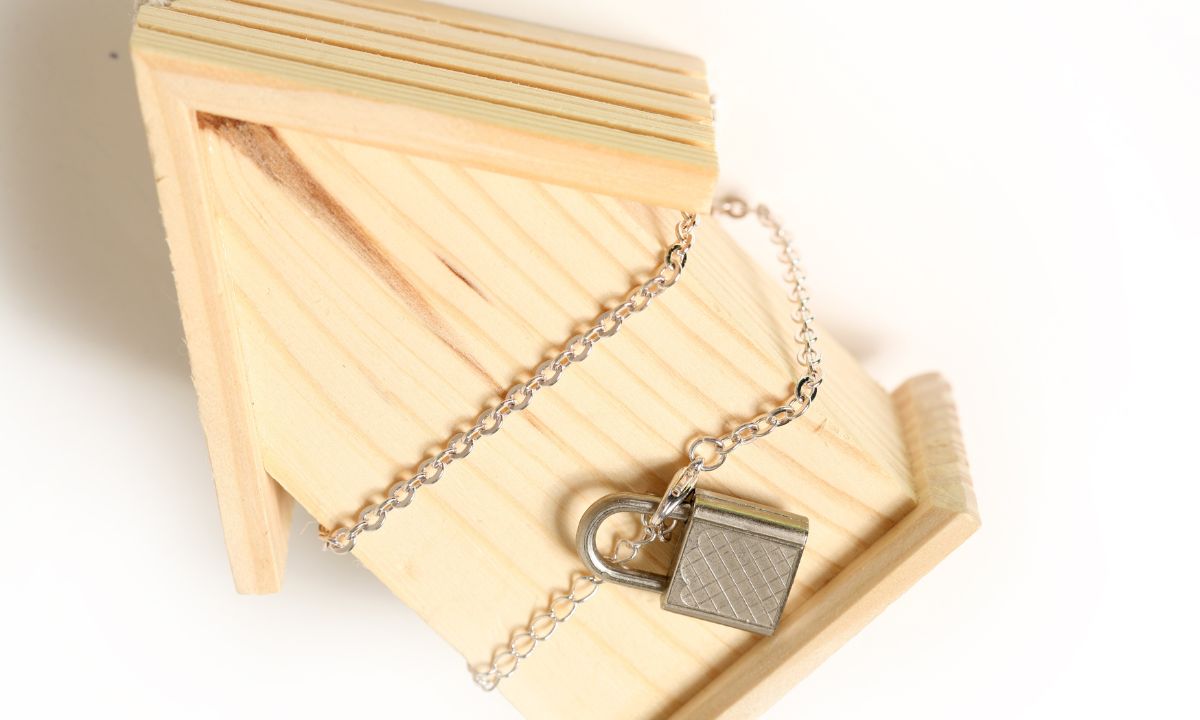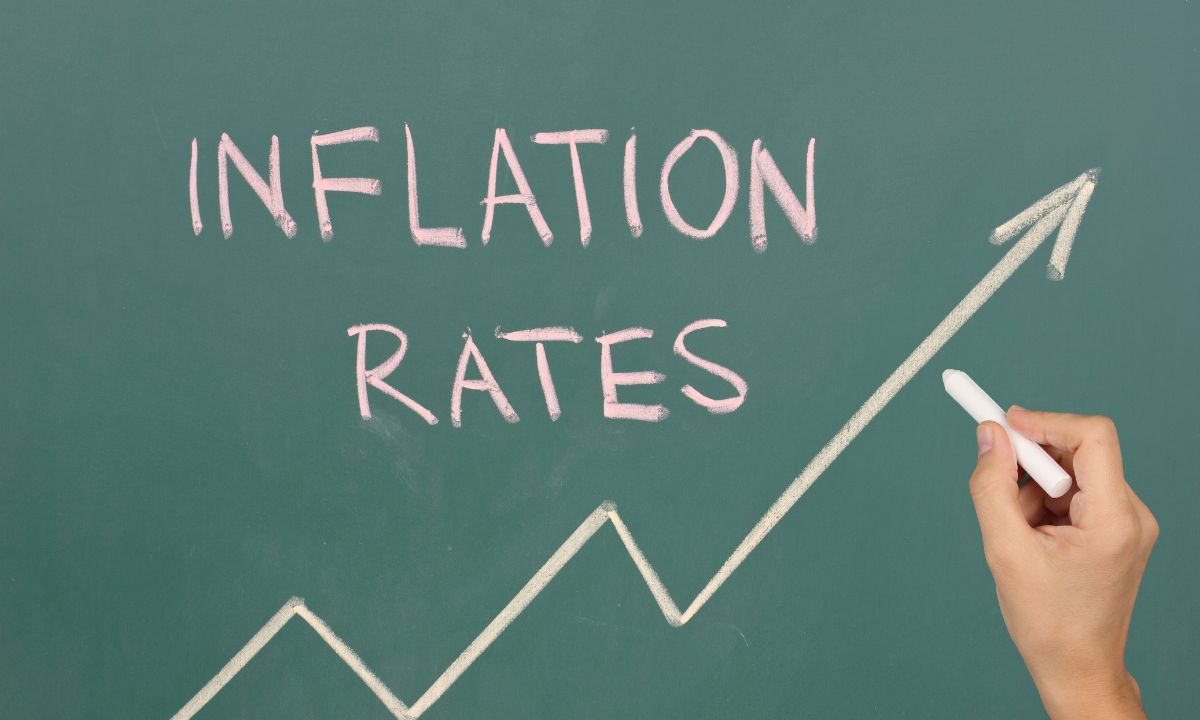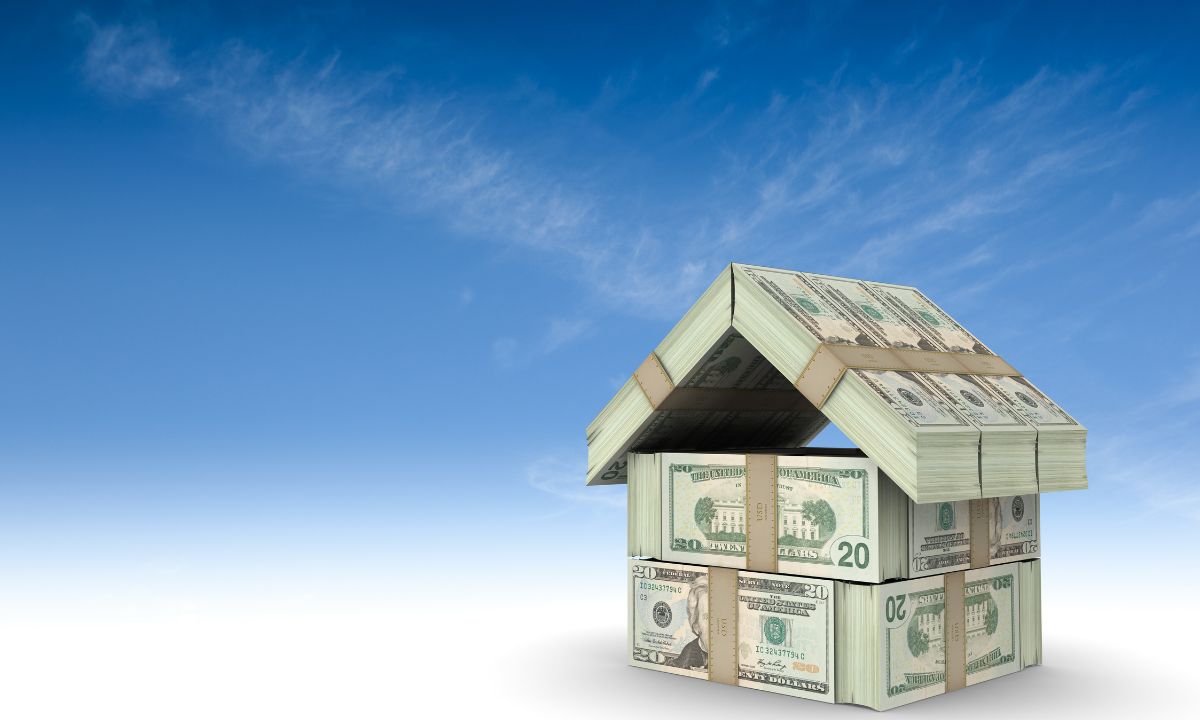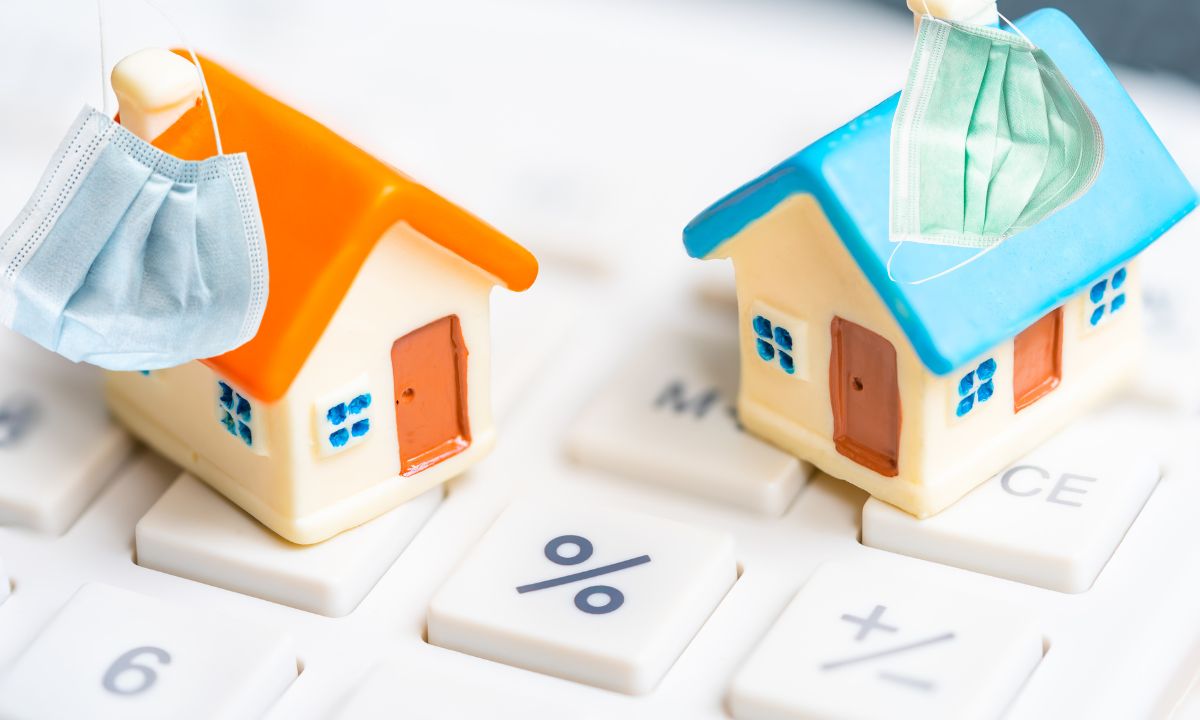What Borrowers Need to Know About Mortgage Rate Locks
 When it comes to securing a mortgage, timing is everything—especially when it comes to locking in an interest rate. Mortgage rates can fluctuate daily, and even a small change can have a significant impact on your monthly payments and the total cost of your loan. To protect yourself from rising interest rates while you’re in the process of buying a home or refinancing, you can use a mortgage rate lock.
When it comes to securing a mortgage, timing is everything—especially when it comes to locking in an interest rate. Mortgage rates can fluctuate daily, and even a small change can have a significant impact on your monthly payments and the total cost of your loan. To protect yourself from rising interest rates while you’re in the process of buying a home or refinancing, you can use a mortgage rate lock.
What Is a Mortgage Rate Lock?
A mortgage rate lock is an agreement between a borrower and a lender that locks in a specific interest rate on a mortgage for a set period, typically ranging from 30 to 60 days. During this period, no matter how much market interest rates change, the rate you’ve locked in remains the same.
For example, if you lock in a rate of 5% for 30 days, even if rates rise to 5.5% during that time, you’ll still pay 5% as long as you close on your loan within the lock period.
How Does a Rate Lock Work?
The mortgage rate lock essentially “freezes” your interest rate during the home-buying or refinancing process. It’s particularly useful for borrowers who are concerned about potential rate increases but are not yet ready to finalize the loan.
Here’s how it typically works:
- Rate Lock Request: Once you’ve submitted a mortgage application and the lender has provided a rate quote, you can request a rate lock. Your lender will then agree to lock the interest rate for a specific period.
- Lock Period: The rate lock period typically lasts from 30 to 60 days but can vary based on the lender’s policies and your personal situation. If your loan doesn’t close within this timeframe, the lock will expire.
- Rate Lock Expiration: If your rate lock expires before you close on your loan, you may have to re-lock the rate at the current market rate, which could be higher or lower than your original locked rate.
Why Consider a Mortgage Rate Lock?
There are several reasons borrowers choose to lock in their mortgage rates:
- Protection Against Rate Increases: The most significant benefit of a rate lock is that it shields you from rising interest rates during the loan approval process. This can provide peace of mind, knowing that even if rates rise, your monthly payments will remain unaffected.
- Budget Certainty: By locking in your interest rate, you gain a clearer picture of what your monthly mortgage payment will be, which can help you plan your finances more effectively.
- Competitive Edge in a Rising Market: In a volatile market where rates are on the rise, locking in a low rate early can give you an advantage over other buyers or borrowers.
What Happens if Rates Drop After You Lock In?
One common concern with locking in a rate is what happens if interest rates drop after you’ve locked in. While a rate lock protects you from rising rates, it doesn’t necessarily allow you to benefit from falling rates—unless you have a float-down option.
A float-down option is an add-on feature offered by some lenders that allows you to lower your locked-in rate if rates drop before closing. However, this option usually comes with an additional fee, and not all lenders offer it, so it’s important to ask your lender about this possibility upfront.
The Costs of a Rate Lock
In most cases, locking in a mortgage rate is free, especially if the lock period is standard (30 to 60 days). However, longer rate locks—such as 90 or 120 days—may come with a fee or a slightly higher interest rate to compensate the lender for the risk of holding the rate for an extended period.
What Happens if You Need More Time?
If your closing process is delayed and you need more time than your rate lock allows, you have a few options:
- Rate Lock Extension: You can extend your rate lock for an additional fee, which is typically a percentage of your loan amount.
- Rate Relock: If your rate lock expires, you may be able to relock at the current market rate, though this could be higher than your original locked rate.
When to Lock in Your Rate
Deciding when to lock in your mortgage rate is a strategic move that depends on market conditions and how close you are to finalizing your loan. Here are a few tips to consider:
- Watch Market Trends: If mortgage rates are trending upward, locking in your rate sooner rather than later can save you money.
- Consider Your Closing Timeline: Make sure your rate lock period aligns with your expected closing date. If you’re unsure, it may be worth discussing a longer lock with your lender.
- Evaluate the Costs: Be aware of any potential fees associated with longer lock periods or extensions, and decide whether they’re worth the peace of mind.
A mortgage rate lock is an essential tool for borrowers looking to protect themselves from rising interest rates during the home-buying or refinancing process. While locking in your rate offers security and peace of mind, it’s important to understand the terms of the rate lock, including its expiration and potential fees. Give us a call to ensure that your rate lock aligns with your financial goals and timeline.

 In today’s economic climate, inflation has become a hot topic, especially for potential homebuyers. Understanding how inflation affects mortgage rates and your homebuying power is crucial. Let’s see how it can impact your journey to homeownership.
In today’s economic climate, inflation has become a hot topic, especially for potential homebuyers. Understanding how inflation affects mortgage rates and your homebuying power is crucial. Let’s see how it can impact your journey to homeownership. As a homeowner, you might be sitting on a valuable asset without even realizing it—your home equity. Tapping into this equity through a cash-out refinance can open up financial opportunities you hadn’t considered. Here’s how you can unlock your home’s equity with a cash-out refinance and what you need to know before diving in.
As a homeowner, you might be sitting on a valuable asset without even realizing it—your home equity. Tapping into this equity through a cash-out refinance can open up financial opportunities you hadn’t considered. Here’s how you can unlock your home’s equity with a cash-out refinance and what you need to know before diving in. The COVID-19 pandemic reshaped many industries, and the mortgage sector was no exception. As we move further away from the pandemic, the mortgage industry continues to adapt, reflecting new economic realities, regulatory changes, and shifts in consumer behavior. For mortgage originators, understanding these changes is crucial to helping homebuyers navigate the current landscape. Here are some of the most significant transformations and what homebuyers should be aware of in the post-COVID world.
The COVID-19 pandemic reshaped many industries, and the mortgage sector was no exception. As we move further away from the pandemic, the mortgage industry continues to adapt, reflecting new economic realities, regulatory changes, and shifts in consumer behavior. For mortgage originators, understanding these changes is crucial to helping homebuyers navigate the current landscape. Here are some of the most significant transformations and what homebuyers should be aware of in the post-COVID world. As a consumer, understanding these economic trends can empower you to make informed decisions about your mortgage. Let’s discuss some key economic factors that influence mortgage lending and what they mean for you.
As a consumer, understanding these economic trends can empower you to make informed decisions about your mortgage. Let’s discuss some key economic factors that influence mortgage lending and what they mean for you.